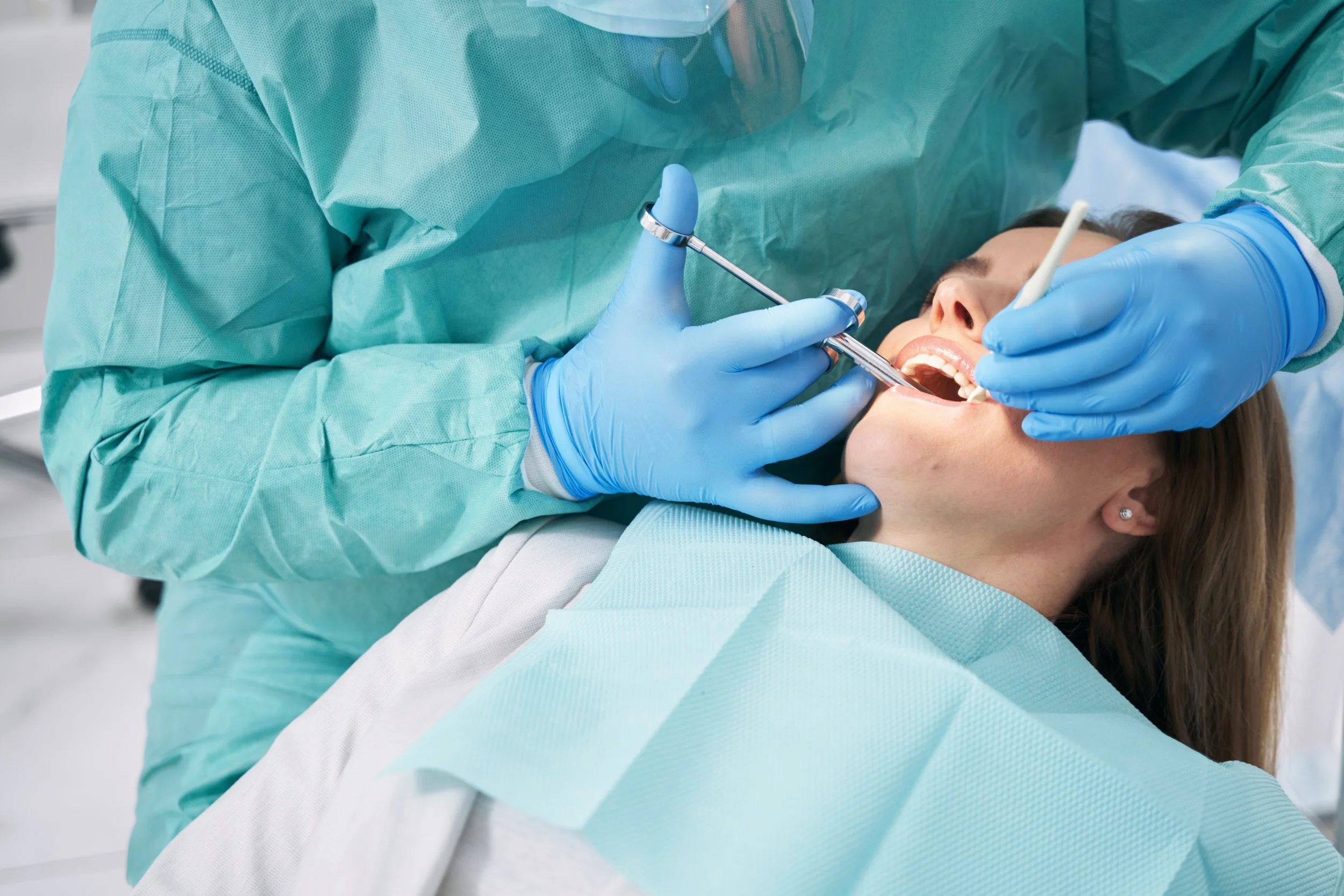Dental sedation is a partnership between you and your dentist
Dental Sedation is safe in a dentist’s office. This is a relief because extractions, denture fittings, implants, and bridges are painful procedures. Thankfully, medications can be used to eliminate pain and enhance patient tolerance with lengthy procedures. Dental sedation removes the dread in going to the dentist.
All About Dental Sedation
Your responsibilities
Dentists administering sedation are specially trained to administer the medications and to anticipate adverse conditions. A big step in preventing adverse conditions is comprehensive history taking and accurate reporting of all medications, vitamins, supplements, injections, and inhalers that you may be taking. You need to include as needed medications not just daily drugs. Your accurate reporting is vital to successful sedation. Keep a one-page summary of your customary physician, medical diagnosis, surgical history, allergies, and current medications for all your appointments.
Based on your age and health, the dentist will develop a treatment plan that spells out the type of sedation planned. Share your worries and concerns with the dentist. Pre-medication with low dose Ativan or a sedative can be considered. Tell the dentist what has worked in the past to control your anxiety or pain.
Also notify the dentist if you have a Do Not Resuscitate order, POLST document, or power of attorney. As part of your dental treatment plan, you may need to consent to full resuscitation. Risk assessment will be addressed when the dentist reports his treatment plan for you. Not all people react to sedation in the same way, so your treatment plan will be specific to you.
Sedation dosage is determined by your age, weight, and preexisting conditions. If you have had a bad reaction to sedation in the past, report it to the dentist. Some people need a very light dose of sedation. Some people need a larger dose. Size of the person does not determine the dosage, although it is a good indicator. Less-than-typical reactions should always be reported so the treatment plan will be safe.
During the sedation, dental staff will monitor your vital signs. Vital signs include blood pressure, heart rate, breathing rate, and oxygen levels. Ask to see the supplemental oxygen and crash cart of emergency drugs should you react adversely. Most sedation can be reversed by applying oxygen and administering certain drugs like Narcan.
Sedation
Nitrous oxide is the least invasive and most common sedation. A gas delivered into the nose by a nasal cannula, it does not interfere with the dental procedure. The patient remains conscious throughout the procedure but feels calm and peaceful. Reversal is simply administration of oxygen or fresh air.
Oral sedation in a pill form needs to be administered 30 minutes before the start of the procedure to be most effective. Flumazenil is a short-acting agent that reverses benzodiazepine-induced sedation. Re-sedation may occur due to its short duration of action, therefore additional doses may be necessary.
Intravenous sedation involves being semi-conscious. Twilight sleep produces a feeling of deep relaxation and diminished concern for the procedure. You will remain conscious enough to understand and respond to requests from your dentist. You will be able to maintain your airway, breathing, and cough if necessary. Conscious sedation is a combination of medicines: a sedative to help you relax and an anesthetic to block pain during the dental procedure. Flumazenil 0.2 mg administered slowly will reverse the sedative effects of the conscious sedation.
Ultimately, your dentist will determine the best sedation for you. So, smile and enjoy the radiance it brings to your face.
LOOKING FOR Superior DENTAL SEDATION SERVICES IN New JErsey?
At Dental Sedation Services, we provide high-quality, advanced dental anesthesia services to general dentists and dental specialists in New Jersey, Pennsylvania, and the New York metropolitan area. The anxiety that many patients experience when receiving dental care is significantly reduced when treated in a familiar environment. Our office-based anesthesia services make dentistry more accessible and affordable, while offering patients the convenience of receiving comprehensive dental care in their own dental practice. For more information, you can contact us at (732)986-3690, or visit our website.
Dental Sedation Services Home Page

